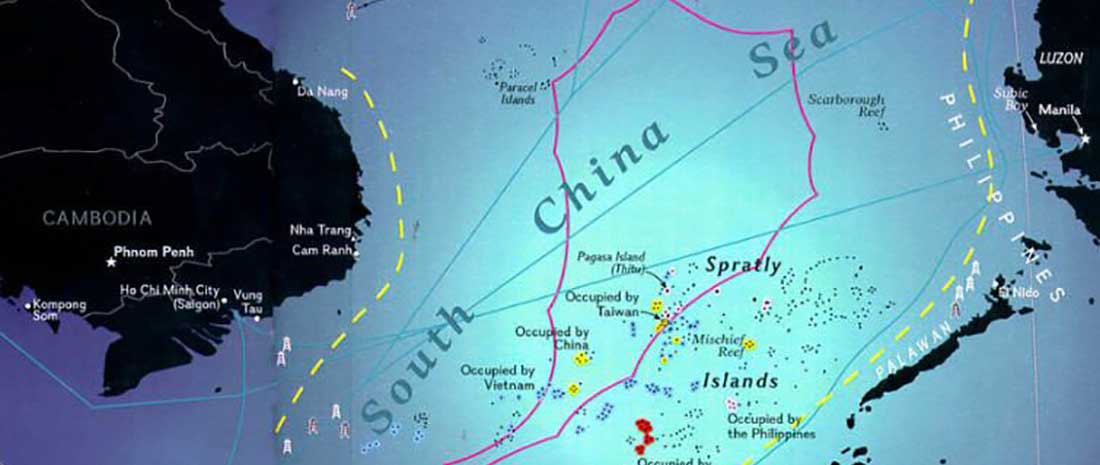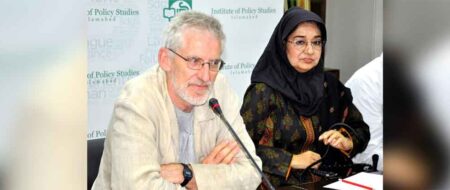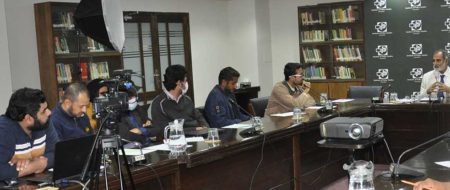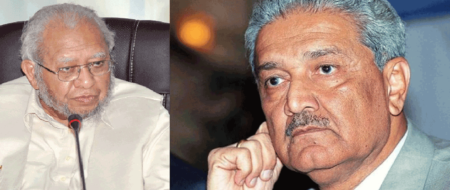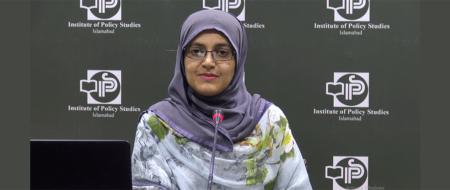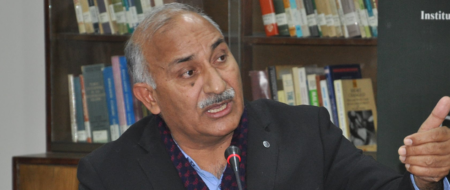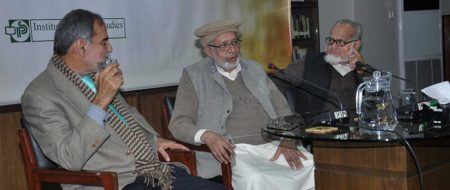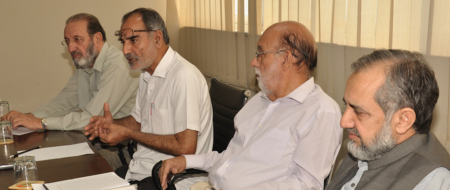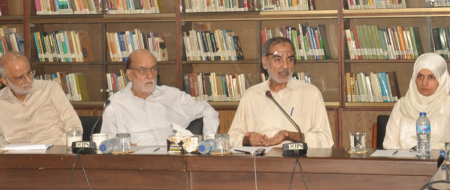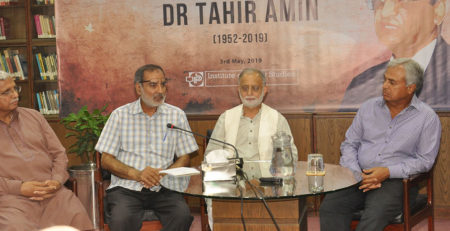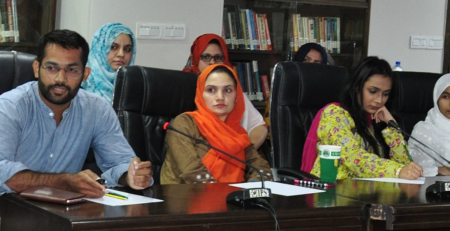South China Sea: Emerging Scenario – A View from Pakistan
Institute of Policy Studies (IPS), Islamabad organized a roundtable on “South China Sea: Emerging Scenario – A View from Pakistan” on July 13, 2016. The event was organized in the backdrop of July 12, 2016 ruling of the Permanent Court of Arbitration (PCA) based in Hague, on South China Sea.
The session was chaired by Khalid Rahman, Director General IPS while Irfan Shahzad, Lead Coordinator and Ms. Fareeha Sarwar, research team member were the main discussants.
- South China Sea (SCS) assumes critical position in terms of intra- and inter-continental maritime contacts as well as utmost significance for peace and stability in the Asia-Pacific region. Thus, IPS is of the view that it is an issue of high significance for the state of Pakistan, its people and their wide-ranging regional and global interests.
- The events and happenings of past few years in SCS highlight that it is in the interests of all the parties as well as peace and stability at large that all the issues, claims and counter-claims concerning SCS are resolved amicably, avoiding tensions and conflicts.
- The ruling of the PCA prima facie seems lopsided, and comes without taking into account the Chinese arguments and position on the dynamics of the issue. IPS believes that the hearing without the participation of one key party, i.e., China is rendered holding lesser moral ground and should not have taken place, to start with.. Post-ruling, it is in the interest of all the parties to avoid taking the ruling as a ‘victory’ of someone or the ‘defeat’ of someone else. In fact, the ruling raises further questions on the already questionable conducts of global regime dealing with International Law; than bringing in any clarity and transparency.
- Beyond the conflict, on the larger level, the efforts to put diplomatic pressures on China and, further, to engage Beijing in armed conflicts of limited scale seem to be part of a greater design – in more ways than one. This is ostensibly linked with moves to contain China and hamper its rise as a global power. In this scenario, Pakistani state, government and people stand along their Chinese friends and strongly oppose any moves that infringe upon the legitimate rights and interests of China.
- Extra-regional players should refrain from igniting conflicts among the regional players and parties to such disputes. The 2002 Declaration on Conduct of the Parties in the South China Sea provides a useful basis for deliberations on such issues, with an aim to solve the same once and for all.
Institute of Policy Studies (IPS, Islamabad is an independent think-tank dedicated to promoting policy-oriented research. IPS has a dynamic, multi-faceted China Studies Program.


